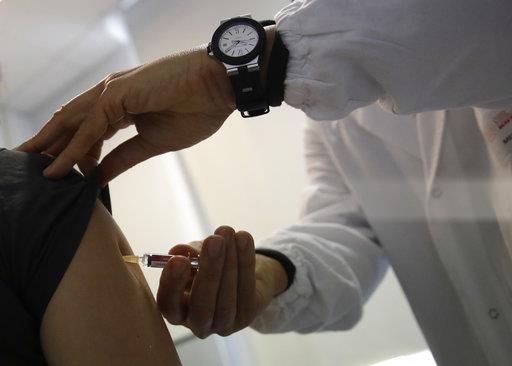Health Department: Tourist with measles stayed at a hotel on Atlantic Ave

The New York State Department of Health (DOH) announced last week that a tourist from Australia was confirmed to have measles as he visited New York making stops in Putnam County, Orange County, Manhattan and Brooklyn.
DOH confirmed that the tourist, who was part of an Oasis Bible Tour Group at the Metropolitan Museum of Art in Manhattan and visiting New York between Feb. 16 and 21 spent the night of Feb. 19 at the Best Western Hotel at 1324 Atlantic Ave.
On Feb. 21, he visited Excel Urgent Care in Goshen, New York, before being sent to the Orange Regional Medical Center emergency department in Middletown later that afternoon.

Brooklyn Boro
View MoreNew York City’s most populous borough, Brooklyn, is home to nearly 2.6 million residents. If Brooklyn were an independent city it would be the fourth largest city in the United States. While Brooklyn has become the epitome of ‘cool and hip’ in recent years, for those that were born here, raised families here and improved communities over the years, Brooklyn has never been ‘uncool’.